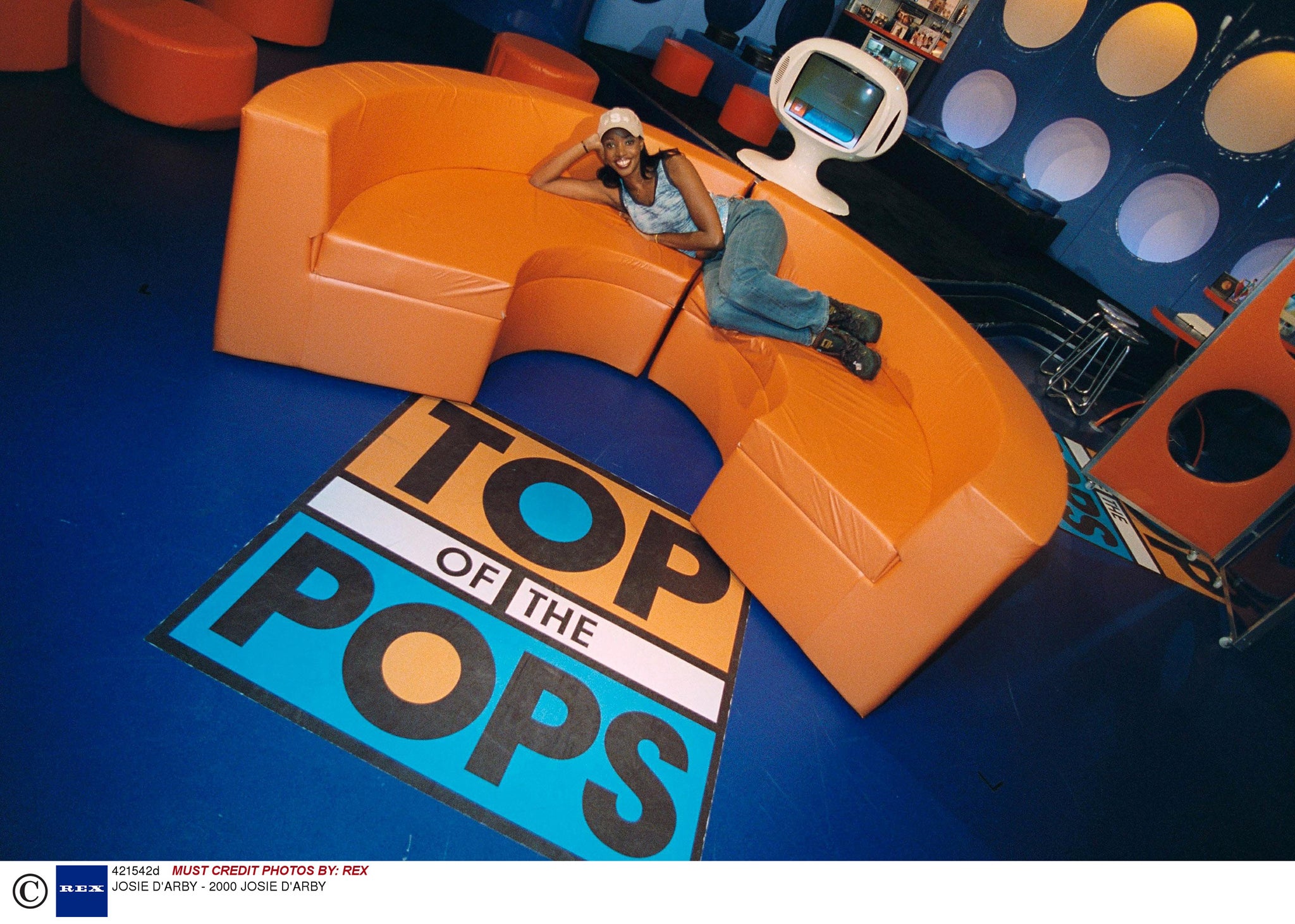Now’s the time to bring back Top Of The Pops
It had seminal moments of The Beatles, David Bowie and Madonna


For some years I’ve not been able to hear Radio One’s rundown of the weekly pop charts without thinking of Harry Enfield and Paul Whitehouse’s comedy DJs, Smashy and Nicey. When it came to Paul Whitehouse’s Mike Smash reading out the charts with their “climbers” and the like, he adopted a look so intense and a delivery so fast that the pop charts sounded like a manic declaration of war.
The BBC prizes the weekly rundown of the charts highly, as it has ever since the early sixties when Alan ‘Fluff’ Freeman was the host, addressing “pop pickers everywhere.” It’s a phrase that now sounds even more ancient than the 1960s. Even as the language and personnel changed, the chart show remained steadfastly on a Sunday. But now, after half a century, the BBC is moving it to Friday to coincide with a move this summer of record releases to that day. I’m not totally convinced that a Friday afternoon show will get as many listeners as a Sunday afternoon show, but perhaps “pop-pickers” are more flexible these days. Besides, argues Radio 1 controller Ben Cooper, with record releases moving, the charts rundown could hardly take place two days later.
In tandem with the move of the radio chart show, The BBC is also going to launch a weekly half hour TV chart show on the children’s channel, CBBC. It’s good that the charts will be back on BBC television, but the children’s channel is the wrong place. There’s a much simpler answer.
The BBC should take this opportunity to bite the bullet and reinstate Top of the Pops, which it killed off far too hastily in 2006. It’s not just nostalgia for the once hugely popular show, which gave us a thousand golden moments from The Beatles and Bowie to punk rock, Madonna and beyond. And, come to think of it, TOTP didn’t suffer from being broadcast several days after the charts came out. Most importantly, it served a function that no other charts show, indeed no other music show since, has managed.
It brought the family together over music. Teenagers watching the latest chart entries being performed could enjoy a mutual ridicule or at least a mutual bemusement on observing the reactions of their parents. It also gave an older generation a taste of what was on offer in the current singles market. All that has been lost. Music shows are put on specialist channels to capture a certain demographic, and rarely if ever a shared demographic. The latest move by the BBC is a perfect illustration of that policy. If it’s a chart show, put it on CBBC so that it gets young teens and even lower. Perish the thought that it might be on BBC1 and appeal to everyone. Do the BBC and Mr Cooper really not think that there is a shared interest in new music among different age groups?
Top of the Pops sat happily on the main BBC channels, and it appealed to the whole family. It could do so again. Surely, it’s worth a try.
The new National Gallery director has an urgent task
The newly appointed director of the National Gallery, Gabriele Finaldi, is no doubt already planning the first blockbuster exhibitions for his new job. But I’d urge him to include a seemingly more mundane item in his planning. I’ve long urged that the National Gallery have a Friends’ or Members’ scheme like the Tate, the Royal Academy and many other arts institutions. It would make the venue money, and give perks to regular visitors. Last year the National Gallery finally did inaugurate such a scheme, but crazily did not include a Members’ Room, where those who had signed up could relax, eat and drink, just as they do at the Tate and elsewhere. Mr Finaldi should correct that, so that the National Gallery’s members can feel a genuine sense of belonging.
Lily James is taking Cinderella a bit too seriously
At interviews for the premiere of the new film of Cinderella, its star Lily James took umbrage at being asked about her small waist in the movie, and complained that interviewers were not discussing with her the message of Cinderella, namely the moral code of kindness and courage. What landmark interviews in the history of film journalism they would have been. “So, Lily, do you think that the kindness shown by Cinderella was worthier than the selfishness shown by her stepmother and stepsisters? That’s fascinating, Lily, thank you so much for those revelatory insights.” Next week, Lily James on why Little Red Riding-Hood really is a better role model than the big, bad wolf.”
d.lister@independent.co.uk
twitter.com/davidlister1

Join our commenting forum
Join thought-provoking conversations, follow other Independent readers and see their replies